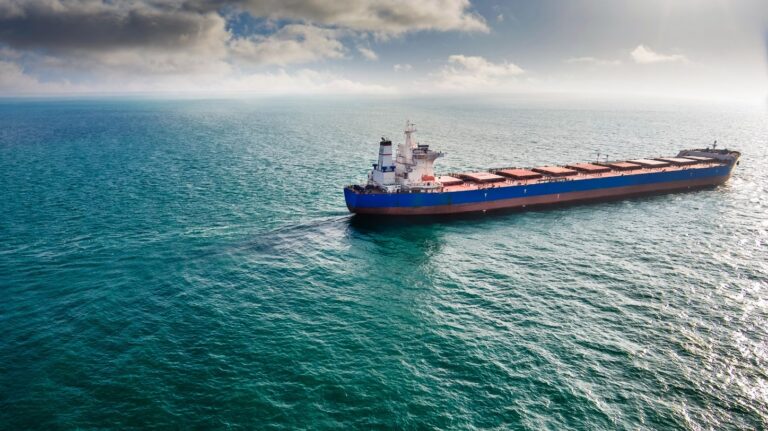New research from Vinturas, a global supply chain collaboration network, has revealed that ‘43% of UK business leaders experienced delays in the English Channel in 2024’, prompting concerns that such delays could impact supply chains over the upcoming peak season.
Additionally, 40% claimed that they’d experienced delays in the Suez Canal in 2024, and 33% reported delays in the Panama Canal.
The research, conducted in partnership with Censuswide, surveyed 400 global business leaders with decision-making responsibility for shipping and international logistics.
In total, this research suggests that 13% of supply chain shipments have been delayed in 2024 so far. Meanwhile, 70% of UK businesses said they were concerned about regulatory problems or compliance violations in their supply chains.
Furthermore, 40% of UK companies said blind spots and inefficiencies in supply chain data have created difficulties predicting demand or inventory levels, while 35% of UK business leaders said the stress of managing external supply chain shocks is a key pain point their business faces when it comes to logistics.
For more on preparation for busy periods, check out the peak planning feature in the November issue of Logistics Manager!
Ronald Kleijwegt, CEO of Vinturas, commented: “The English Channel is naturally the major artery for UK trade overseas. It is therefore shocking to see it emerge as a hotspot for delays, especially given the scale of the recent problems in other regions like the Red Sea or Panama Canal.
“While there are several factors at play, it’s clear that regulatory compliance violations continue to be a major concern for businesses that rely on overseas trade. And with the busiest shopping season around the corner, these challenges are likely to be even more pronounced over the coming weeks.
“Of course, regulatory problems due to Brexit and other factors have been a long-running saga and though the global supply chain issues we’ve seen over the past year could not be foreseen, businesses cannot operate without being prepared for this kind of volatility in 2025.
“When it comes to managing supply chain ecosystems, organisations must set themselves up for success, getting the basics rights and creating resilience to mitigate losses
“As we navigate an increasingly complex and volatile world, supply chain interoperability, actionable visibility, security and investment in resilience are no longer optional but a fundamental part of business operations that cannot be ignored.”







